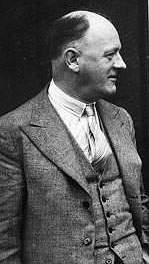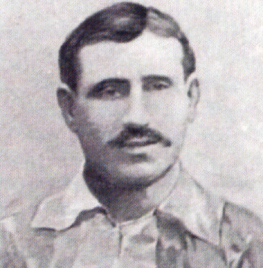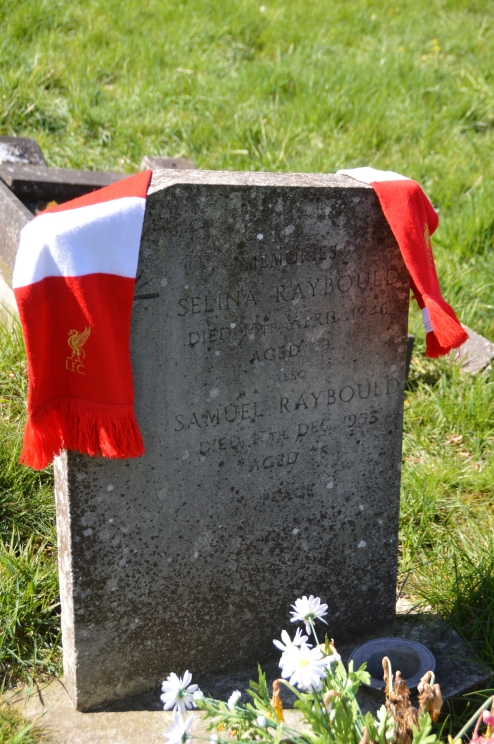
Albert Leslie Knighton was born in Church Gresley, Derbyshire on the 19th March, 1887. He was christened in the mining villages church of St George and St Mary on the 19th June, his parents being Clarissa and Albert, the local schoolmaster. After his playing career was curtailed prematurely, Leslie Knighton ventured in to the world of coaching and management. He had spells as assistant at Manchester City and Huddersfield, where he also had the role of caretaker manager. 1919 saw his appointment as the secretary-manager of Arsenal, a position he held until 1925 and the appointment of Herbert Chapman. He had a difficult time at Highbury, with spats with the board, footballs first doping scandal and a less than enjoyable time on the pitch. There were some brighter moments, particularly in player recruitment, with Knighton signing players such as Jimmy Brain and Alf Baker.
Following his dismissal by Arsenal, the south coast beckoned, taking the managerial seat at Bournemouth until 1928. He then moved to Birmingham City, taking them to the F.A. Cup final in 1931, before the bright lights of London came calling again in 1933, this time it was Stamford Bridge and Chelsea. He managed Chelsea until 1939 and his tenure saw his modern scouting and recruitment techniques bring in names such as Joe Bambrick and Billy Mitchell. He also initiated pioneering medical treatments at the club, including the Hollywood rejuvenating monkey gland injections.
Following his resignation and World War II, Knighton managed Shrewsbury Town from 1945 to 1948. He retired to Bournemouth, passing away in May, 1959. His ashes were scattered within the gardens of Bournemouth Crematorium and no memorial currently exists.


